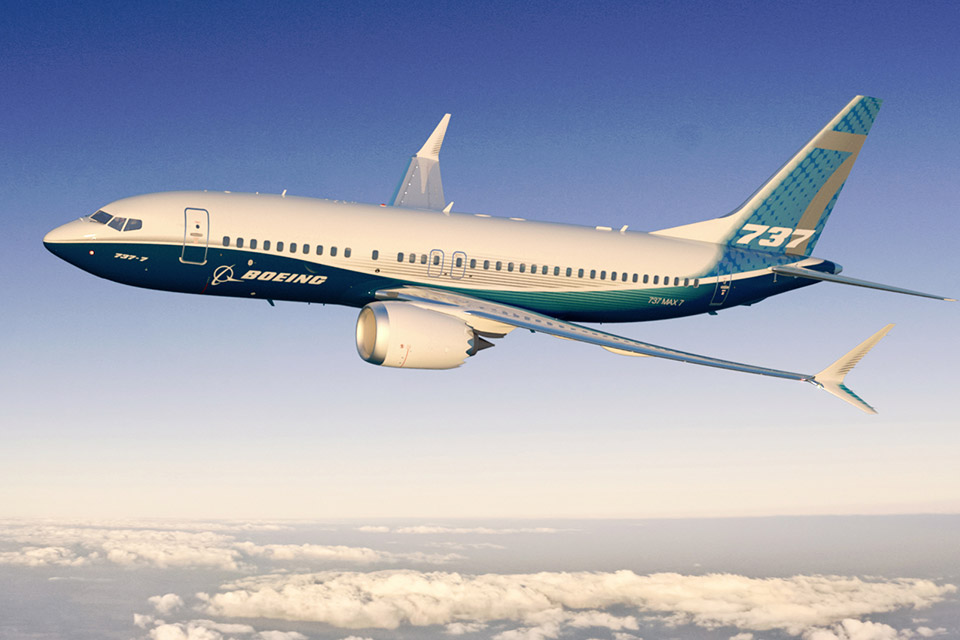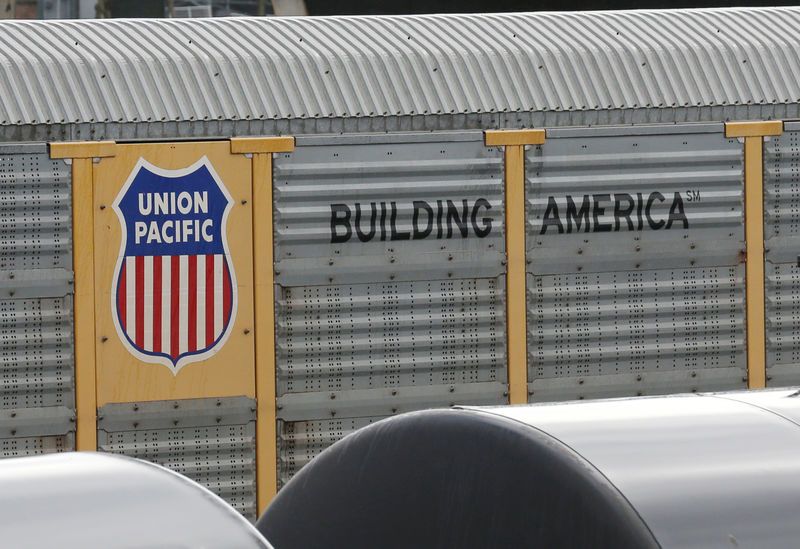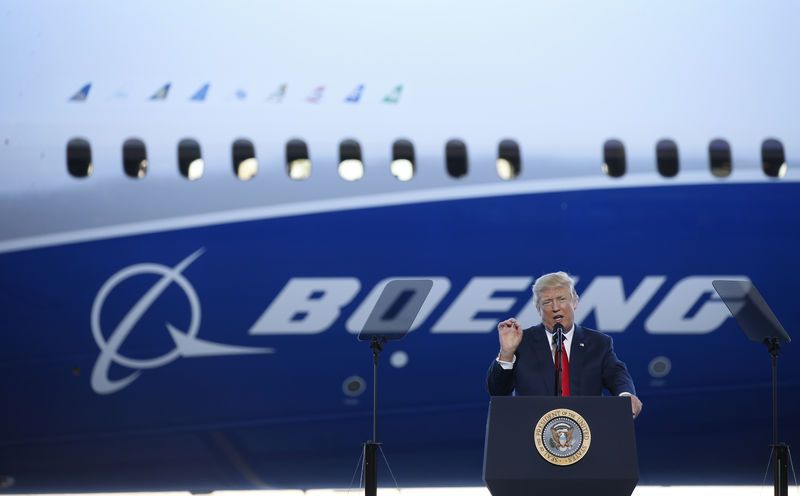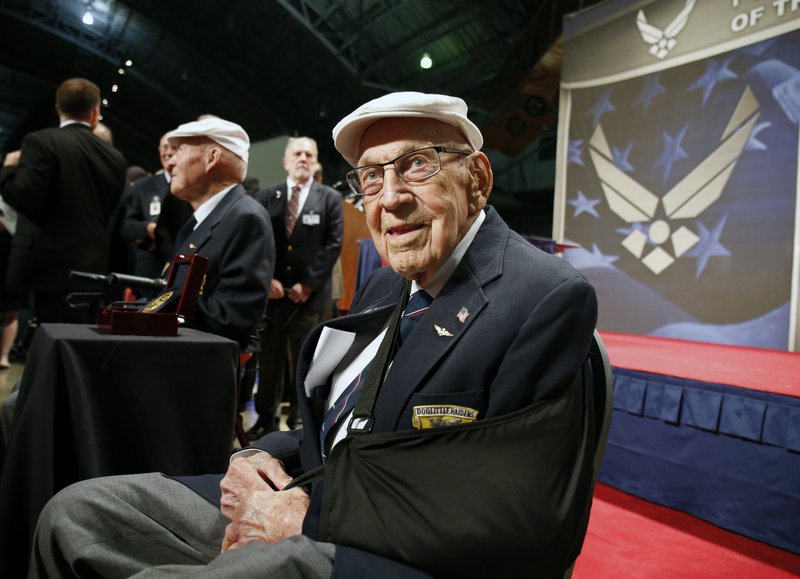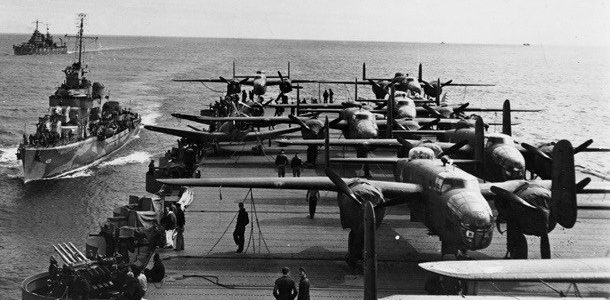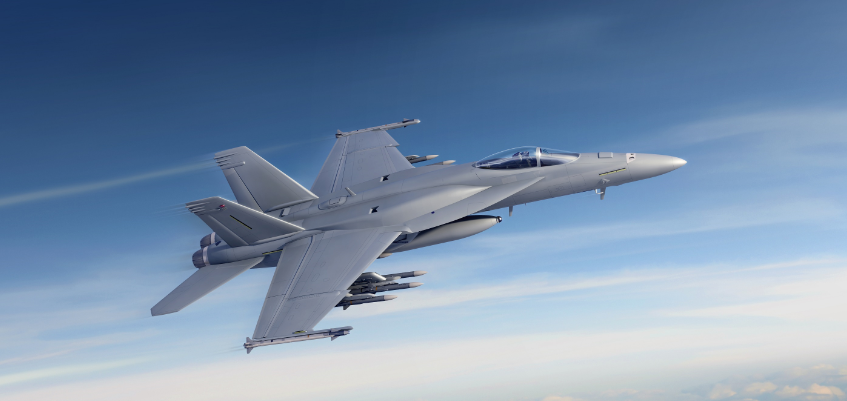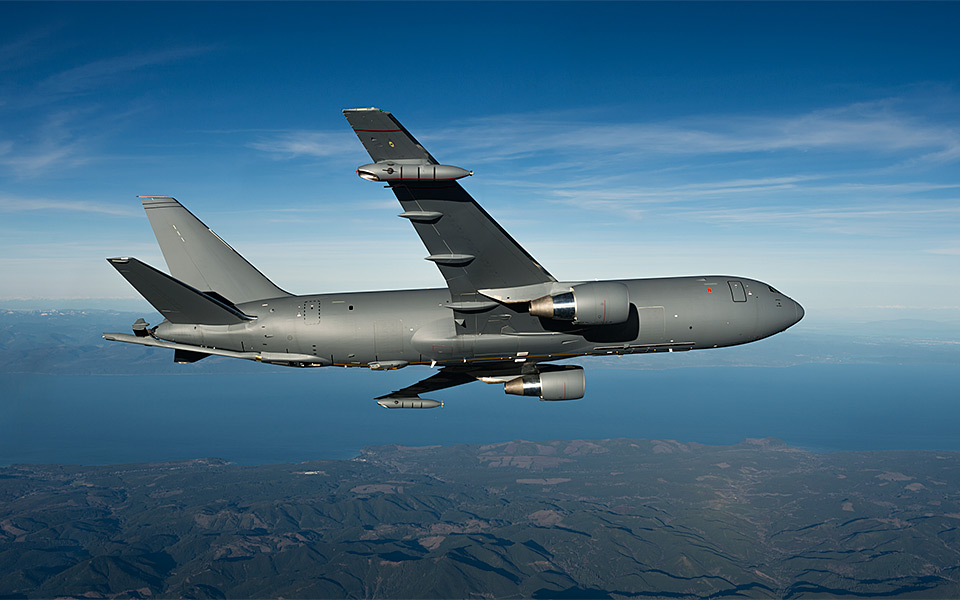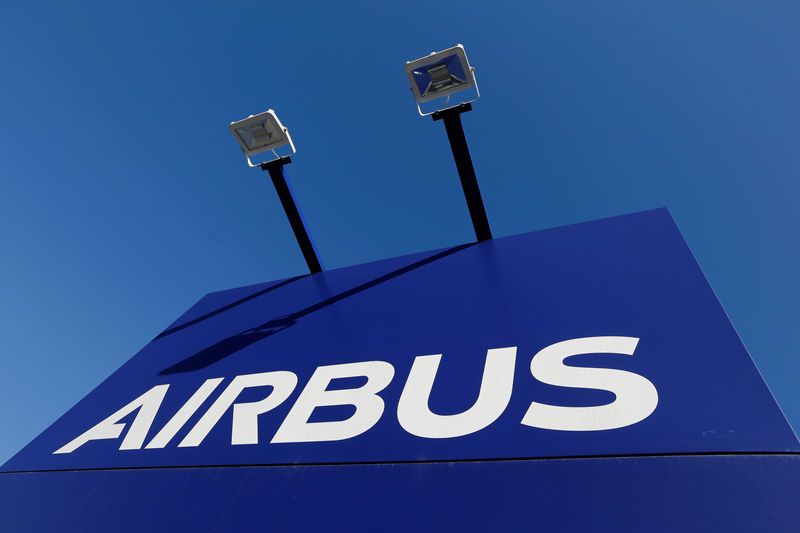May 6 (Reuters) – Air Canada on Monday reported a surprise quarterly profit that sent shares up 4 percent in morning trading, helped by flying more passengers and its purchase of a loyalty program, despite rising costs from the global grounding of Boeing’s 737 MAX jets.
Canada’s largest carrier said it sees strong booking trends ahead of the busy summer season, and expects second quarter results in line with forecasts made before the March global suspension of the Boeing MAX in March following two fatal crashes involving the model.
Air Canada stock was up 4 percent, even as Canada’s main stock index fell at the open on Monday, after U.S. President Donald Trump threatened to raise tariffs on China, triggering a global rout in risky assets.
Air Canada Chief Executive Calin Rovinescu said the carrier, which operates 24 MAX jets, would return the planes to service based on its own safety assessment, in addition to regulators giving it the green light.
During the first three months of the year, Air Canada and other North American carriers that fly the MAX scrambled to replace flights following harsh weather and the plane’s grounding, while facing pressure from rising fuel costs.
“First quarter is always the most demanding for Canadian airlines,” Rovinescu said. “This year was an exception and it was made more so with the unexpected grounding of the 737 MAX.”
Air Canada canceled 1,600 mainline flights during the first three months of the year, a 40 percent increase compared to the first quarter of 2018, Rovinescu told analysts.
The company was able to protect most of its flights from the date of the grounding through April 30 by entering into new leases, among other strategies, he said.
For the first quarter, the company reported a 9.4 percent rise in total operating revenue to C$4.45 billion ($3.30 billion), beating analysts’ estimate of C$4.39 billion.
In January, Air Canada closed a deal to acquire the Aeroplan loyalty program.
Aeroplan revenue and strong demand drove a nearly 5 percent increase in passenger yield, the company said, even as cost per available seat mile (CASM) — a measure of how much an airline spends to fly a passenger — climbed 3.8 percent.
Air Canada said traffic rose 4.2 percent while passenger revenue per available seat mile, a key revenue measure for airlines, increased 4.5 percent in the first quarter.
The Montreal-based company reported an adjusted net income of C$17 million, or 6 Canadian cents per share, in the first quarter ended March 31, compared to a loss of C$26 million, or 10 Canadian cents per share, a year earlier.
Analysts’ on average had expected a loss of 18 Canadian cents, according to IBES data from Refinitiv. ($1 = 1.3467 Canadian dollars)
(Reporting by Allison Lampert and Shanti S Nair ; Editing by Sriraj Kalluvila and Bill Trott)

